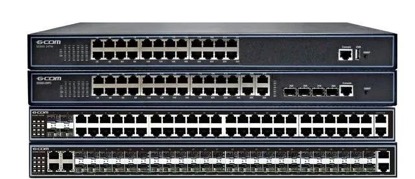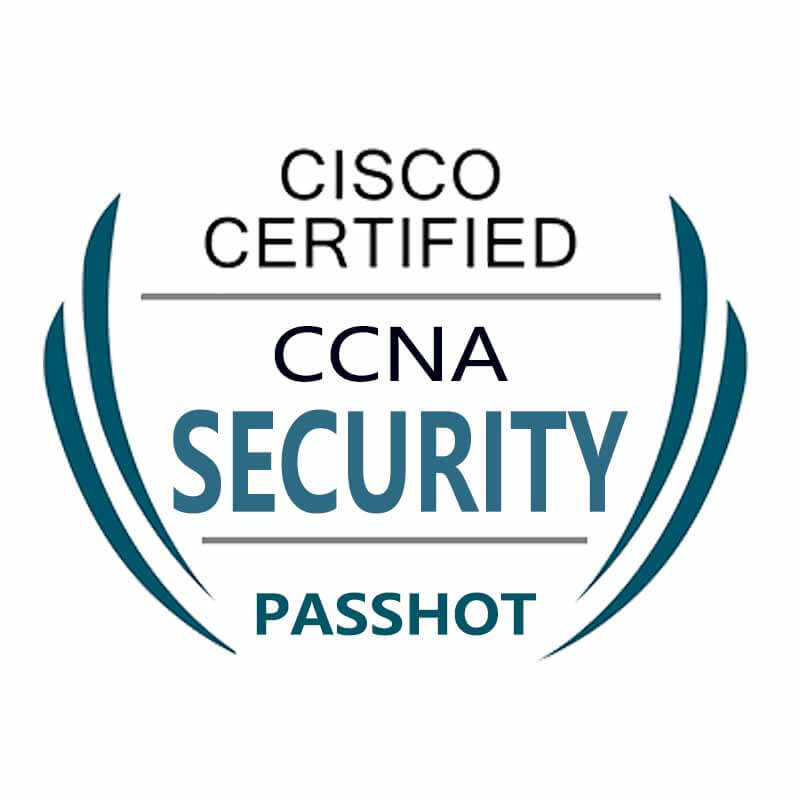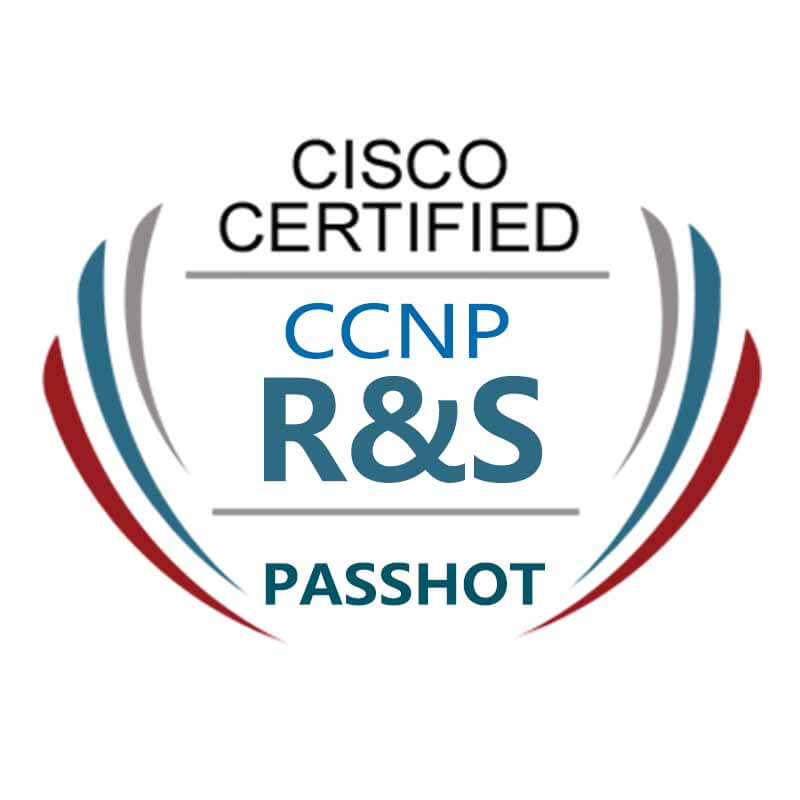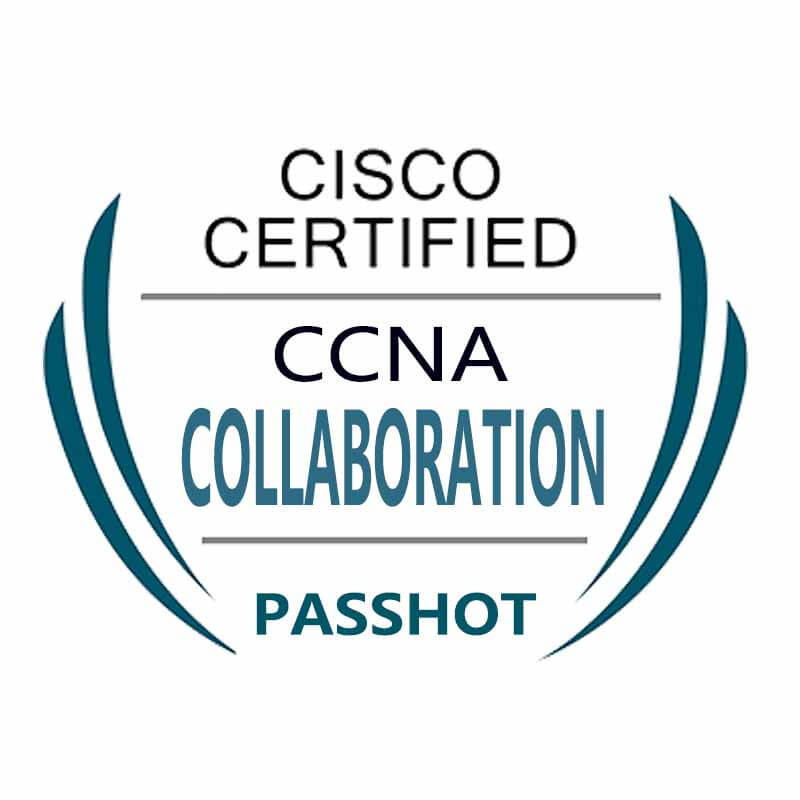100% Pass Cisco, PMP, CISA, CISM, AWS Dumps on SALE!
Get Now
01:59:56
X
What are the two most important points in the career of a network engineer?
The most important skills of network engineers are solid foundation and very open thinking, solid micro knowledge and outstanding macro capabilities. No matter what certificate you have, you cannot be a good network engineer without these two points.
Of course, these two points require network engineers to accumulate for a long time.

The foundation is very important. The foundation is the accumulation of knowledge at the micro level of the network. No matter how familiar you are with Cisco's configuration, network engineers need to solve network problems. Once network problems arise, solutions need to be given as soon as possible. At this time, the foundation is very important.
A good foundation of network knowledge is obtained through theoretical study and long-term practice. You may be able to get rid of various protocols, but I do n’t think how good this represents your foundation. When I was studying at that time, I was constantly capturing packets for various protocols to configure and learn one by one.
Project experience will also make the network engineer's foundation more reliable. Network engineers are to be practical. To avoid talking on paper, I think that understanding of basic theory is more important than your clear configuration.
The basic principles of learning, generally starting from the basic IP protocol, layer 2 technology, layer 3 technology, routing protocol, VPN protocol, etc. step by step, not only to know what it is, but also what is not, and even understand the similar technology Application differences. For example, why is ISIS used in the backbone network, why not use OSPF and so on.
The second point of being a good network engineer is to have an open mind. This is a macro requirement for network engineers. Mainly reflected in two aspects, one aspect is to have a big picture, the second aspect is to be able to quickly accept and learn new network technologies
Many friends can understand the learning of new technologies. After all, network technology is changing with each passing day. In the past, routing and switching packages used to dominate the world. If you only know the switching and routing protocols, you may not understand the schemes used by the large networks of some Chinese companies. Therefore, you need to get in touch with some new technologies, such as SDN technology in various fields and data center network technology.
Let me focus on the scope of the first aspect here. What is a big picture? Because every network engineer learns from the basics, many engineers understand the micro technology, but the overall idea of the network and network equipment is relatively lacking. The overall view means learning to look down from the top.
How to become situational? To contact more large-scale network projects, think about WHY and HOW instead of WHAT, you can simulate some of the entire network construction design yourself, until you see the network project, first know how to design the network, how to guarantee and reliable business How to ensure the sex, and then deduce how to deploy the protocol and how to choose the equipment.
All in all, a good network engineer must do a combination of micro and macro.
Network engineers must have the skills to configure switches and routers to locate network faults. It is better if you can master the configuration of firewall and intrusion detection equipment. The advanced network engineer is a network planning designer. Let's talk about it in detail below.
The necessary theoretical basis
As a qualified network engineer, theoretical knowledge is still very important, especially when encountering inexplicable network faults, theoretical knowledge is required to analyze the fault and troubleshoot it;
TCP / IP layered protocol and OSI seven-layer model need to be mastered. The role of each layer, the data transmitted, and the corresponding protocol need to be understood;
The most important thing for network engineers to understand the network model is the physical layer, data link layer, and network layer. The physical layer must know the commonly used twisted pair, optical fiber transmission and transmission standards; the data link layer must master the knowledge of ARP protocol and MAC address; the network layer must master the classification and division of IP addresses, the calculation of subnet and supernet .
Skilled configuration
While mastering theoretical knowledge, it is necessary to master the configuration of switches and routers;

Switch configuration: For Layer 2 switches, you need to learn to configure VLAN, STP protocol, and port authentication, which are often used; for Layer 3 switches, you need to learn to configure mutual communication between different VLANs, BFD network reliability, static routing, and OSPF dynamics Routing, etc .;
Router configuration: In addition to basic static routing and OSPF routing configuration, router configuration also includes optimization of routing protocols, load balancing, link backup, QoS configuration, and connection with transmission devices.
The above is the news sharing from the PASSHOT. I hope it can be inspired you. If you think today' s content is not too bad, you are welcome to share it with other friends. There are more latest Linux dumps, CCNA 200-301 dumps, CCNP Written dumps and CCIE Written dumps waiting for you.
Cisco Dumps Popular Search:
cisco ccna certified ccna 200 301 home lab ccie security lab workbook volume i version 5.0 cisco certification grades ccna exam 8-10 ccna exam code 2020 ccie service provider training in bangalore ccna collaboration book ccie sp lab spoto ccie price
Copyright © 2026 PASSHOT All rights reserved.






